As usual, before I dive into a direct response, I need to know the reason behind the inquiry by answering the question with another question, “Why are you thinking about a trust?”
I have found the most common reasons of thinking about a trust include: “I was the executor of my mom’s estate and she had a trust.” “I just went to a seminar and they talked about the need for a trust.” “My close friend just passed away and I am thinking about my own affairs and want to make things easiest for my loved ones after my lifetime.” “I have a will and I think I need a trust.” “I have a trust but I am not sure why.” “I want to protect my assets.”
Based on the underlying reason why an individual asks about the need for a trust, the conversation can go in many directions. The most important thing is that the conversation is focused around the individual asking the question because estate planning is not a one-size-fits-all proposition and should focus on the needs of each specific individual.
First, it is important to establish that, for purposes of this article, I am discussing the most basic type of trust: the revocable living trust. The revocable living trust, which I will refer to simply as a trust in this article, is the most common type of trust and the one that is included in the typical estate plan. The other typical estate planning documents include a will, power of attorney, and advance health-care directive. The most simple estate plan does not include a trust. To include a trust as part of an estate plan is generally more complex, which takes time and expertise to prepare effectively.
The following are the five most common scenarios when you may benefit from using a trust:
1. INCAPACITY PLANNING. A trust can be helpful in the event of your incapacity and can provide for management of your assets by your friends or family during your lifetime if you are unable to manage your own affairs.
2. MIXED FAMILIES. Trusts can allow you to control who will benefit from your property after the initial beneficiary has died. This is particularly common when a person’s spouse is not the parent of the person’s children.
3. CREDITOR/SPENDTHIRFT PROTECTION. If you are concerned that a child or grandchild may someday get divorced from a spouse, or you do not want any of your estate to be subject to the claims of any beneficiary’s past, present, or future creditors because they have a hard time managing their finances.
4. YOUNG BENEFICIARIES. If you are concerned that a child or grandchild might not yet be ready to manage his or her inheritance.
5. PROBATE AVOIDANCE. A trust can be used to avoid probate, which may save some settlement costs, especially if you own real property located outside of Hawai`i.
As you may have noticed, asset protection for the person setting up the trust is not on the list. During a person’s lifetime, the assets held in his or her own trust (revocable living trust) are still subject to all past, present and future creditors.
A common misunderstanding is that the “best” estate plan always includes a “trust.” I am a firm believer that the best estate plan is what the informed client decides. The responsibility of an estate planning attorney is to educate each client regarding the tools and strategies available to best accomplish each client’s goals. A trust may or may not be necessary to do just that. A simple will is sufficient for many people.
I hope this article got you thinking. Thinking about you and yours and what you want for them and you. Few things in life are one-size-fits-all. The more you think about your circumstance, and are walked through the issues that surround you, the better able you will be able to answer the question, “Do I need a trust?”
Also, I am required to state, however, this is not legal advice and you should not rely on any of this information to determine what is in your best interest. Further installments of this column will address the more common questions and situations that I see as an estate planning attorney. All information will be based on hypothetical scenarios, however, not the actual circumstances of real clients.
NEXT QUESTION:
Do I have to worry about inheritance taxes?

